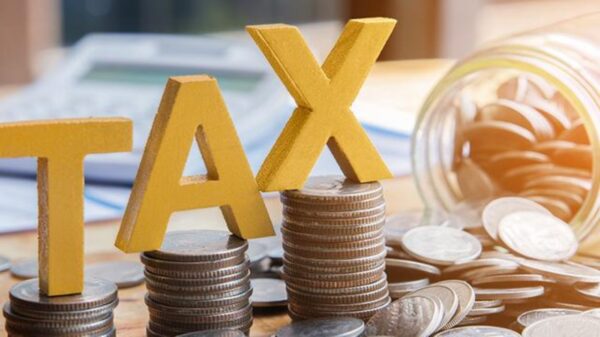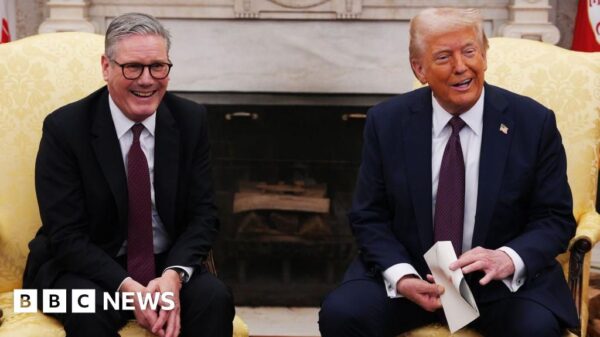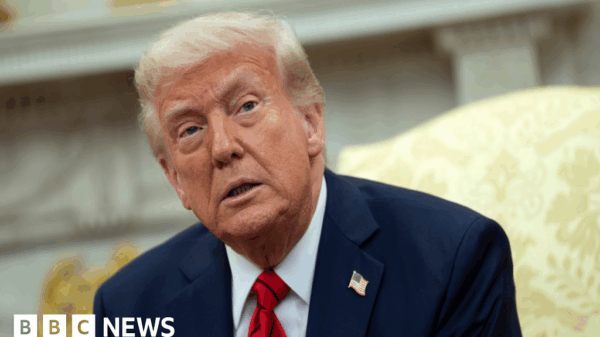To boost the shift towards eco-friendly investment, the EU has introduced rules to define what qualifies as green or sustainable activities.
Why the EU needs a common definition for sustainable investments
Sustainable development requires the preservation of natural resources and respect for human and social rights. Climate action is an important aspect, as the need to limit and mitigate the effects of climate change becomes more and more urgent.
The EU is committed to gradually decreasing its greenhouse gas emissions. The European Green Deal, the EU’s flagship initiative on climate action, sets a goal of zero net emissions by 2050.
To achieve the goal, the EU must invest in new technologies.
Public investment will not suffice and private investors will have to step in to finance climate-friendly projects. This requires clear criteria on what exactly is sustainable and eco-friendly; otherwise, some funding might be directed to “greenwashing” projects that claim to be green, but in reality are not.
Some EU countries have already started developing classification systems. Both companies seeking funding and investors interested in supporting sustainable projects would benefit from common EU standards.

Which economic activities qualify as sustainable?
In June 2020 MEPs approved the taxonomy regulation, a framework that determines which activities can be considered sustainable. This establishes a common classification system across the EU, provides business and investors with clarity, and encourages an increase in private sector funding for the transition towards climate neutrality.
The regulation sets six environmental objectives and states that an activity can be considered environmentally sustainable if it contributes to any of them without significantly harming any of the others.
The “do no harm” principle – which will be further defined by the European Commission – ensures that an economic activity causing more damage to the environment than creating benefits cannot be classified as sustainable. Environmentally sustainable activities should also respect human and labour rights.
The environmental objectives are:
- Climate change mitigation (avoiding/reducing greenhouse gas emissions or increasing greenhouse gas removal)
- Climate change adaptation (reducing or preventing adverse impact on current or expected future climate, or the risks of such adverse impact)
- Sustainable use and protection of water and marine resources
- Transition to a circular economy (focusing on the reuse and recycling of resources)
- Pollution prevention and control
- Protection and restoration of biodiversity and ecosystems
Commission acts related to the rules
The taxonomy regulation, which became law in July 2020, sets the general framework for the classification of sustainable activities, but leaves it to the European Commission to elaborate the technical criteria that would determine whether projects contribute to some of the environmental objectives.
The Commission came up with a first set of criteria in April 2021,which entered into force in December 2021.
Another set of rules, proposed in February 2022, allowed the inclusion of nuclear and gas as environmentally sustainable economic activities under certain conditions. Parliament debated the Commission’s act and decided not to object against it in July 2022.
Taxonomy regulation, green bonds and more
- Green bonds: more transparency, no greenwashing
- Procedure file
- Briefing (April 2019)
- Q&A
- Climate change
- EU measures against climate change
- Green Deal: key to a climate-neutral and sustainable EU
- What is carbon neutrality and how can it be achieved by 2050?
- EU environmental policy to 2030: a systemic change
- EU and the Paris agreement: towards climate neutrality
- Companies should be held accountable for their actions, say MEPs
- Reducing carbon emissions: EU targets and policies
- The EU Emissions Trading Scheme (ETS) and its reform in brief
- Cutting EU greenhouse gas emissions: national targets for 2030
- Carbon leakage: preventing firms from avoiding emissions rules
- Climate change: the greenhouse gases causing global warming
- How the EU reduces greenhouse gases beyond CO2
- EU ban on sale of new petrol and diesel cars from 2035 explained
- Reducing car emissions: new CO2 targets for cars and vans explained
- How to increase the use of alternative fuels for cars
- Cutting emissions from planes and ships: EU actions explained
- Renewable hydrogen: what are the benefits for the EU?
- How the EU is boosting renewable energy
- Energy saving: EU action to reduce energy consumption
- Renewable energy: setting ambitious targets for Europe
- Climate change: better using EU forests as carbon sinks
- Deforestation: causes and how the EU is tackling it
- Sustainable forestry: Parliament’s work to fight deforestation
- What is the EU doing to reduce air pollution?
- Preventing groundwater and surface waters pollution in EU
- Europe’s one trillion climate finance plan
- Just Transition Fund: help EU regions adapt to green economy
- Social Climate Fund: Parliament’s ideas for a just energy transition
- How to increase green investment in the EU
- EU taxonomy: green investments to boost sustainable finance
- Why is EU funding for regions important?
- Climate change in Europe: facts and figures
- Greenhouse gas emissions by country and sector (infographic)
- Infographic: how climate change is affecting Europe
- EU progress towards 2020 climate change goals (infographic)
- CO2 emissions from cars: facts and figures (infographics)
- Emissions from planes and ships: facts and figures (infographic)
- Infographic: timeline of climate change negotiations

































